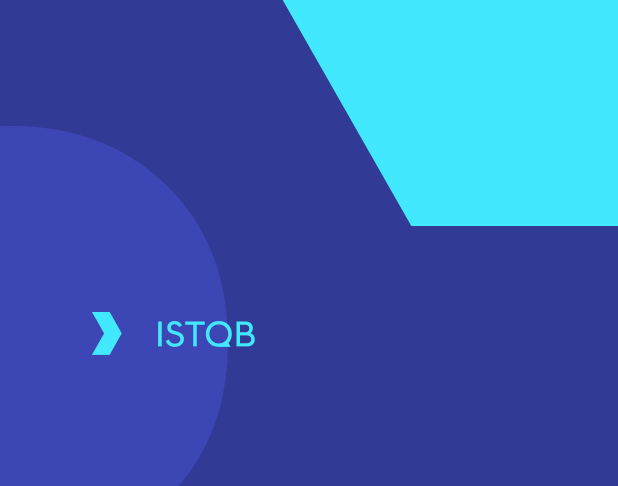The International Software Testing Qualifications Board (ISTQB) is the leading certification scheme in the field of software testing worldwide. The courses are regularly updated to meet the needs of business organisations globally and keep pace with the development of the profession. They provide learners with a breadth of up-to-date knowledge and the essential terminology needed to pursue a career in software testing.
New Year sale - up to 30% off training courses – use code: EARLYJAN26UK
ISTQB training
Established in 1998, ISTQB provides globally recognised training courses to develop your software testing skills and enhance your employability.


Why choose ISTQB?
Designed to promote software quality and establish industry best practices, ISTQB offers a selection of software testing certifications which equip you with the knowledge and skills required to execute testing processes efficiently, ensuring high-quality software outcomes. Completing an ISTQB course will provide you with a standardised approach to software quality assurance, reduce risks, and foster confidence in delivering reliable and robust software solutions.
- Achieve a globally recognised certification
- Learn fundamental software testing concepts and terminology
- Develop a proficiency in test design, execution and reporting
- Gain the ability to identify, assess, and mitigate risks
- Learn to document, track and resolve defects
- Enhance your career prospects
FAQs
ISTQB is the industry benchmark for software testing, equipping professionals with the essential tools to excel in quality assurance roles.
What is the ISTQB?
The International Software Testing Qualifications Board (ISTQB) sets the standard for certifying software testing professionals. Through its structured certification programmes, offering foundational, advanced and specialised skills, it promotes excellence in software testing. By adhering to the ISTQB best practices, you can enhance your testing capabilities, ensure quality in software projects, and align with global industry standards.
How do I choose the right ISTQB certification for my career?
Choosing the right ISTQB certification depends on your experience, career goals, and work context. As a beginner, you should start with the Foundation level courses to learn core testing principles, while experience testers can opt for Advanced level qualifications. To ensure maximum impact, align your certification choice with your current skillset, and goals for career progression.
Are ISTQB certifications recognised globally?
Yes, ISTQB certifications are globally recognised and widely respected in the software testing industry. As the world’s leading certification scheme for software testers, its qualifications are valuable for professionals across the globe.
Career development & support
There’s lots to consider when choosing a training course. We have a variety of study options, different payment methods, and optional extras such as exam resit services that you might want to add to your learning package. Our help centre has all the information you need to make the right choice. Plus, our helpful customer service team are always on hand to answer any questions.
Visit our help centre
Our resource centre has lots of extra content available, all designed to improve your learning experience and to provide more insight into the subject areas covered by our courses and career paths. Sign up for our latest webinar, read a whitepaper, listen to a blog or watch a video. There’s something for everyone!
Do you prefer to learn at your own pace? Our interactive and engaging eLearning is the perfect self-study option, allowing you to move through resources and activities at a time that suits you.
Our in-person classroom courses provide an interactive and collaborative learning environment, where you will benefit from the knowledge and passion our trainers bring to the subject.
Our virtual courses provide the personal teaching experience of a classroom with the ease and flexibility of a virtual environment. All the benefits, without the travel!
Our blended courses combine eLearning with face-to-face training. Study the Foundation certification at your own pace and then use the Practitioner workshop to put the theory into practice.

“The communication is great, we always receive a quick response from our Account Manager, Siobhan. The feedback from our employees has been very positive, the process of booking courses is simple and easy. I have nothing bad to say about my experience with ILX!”
Natasha Mair, Training Coordinator, South Staffs Water